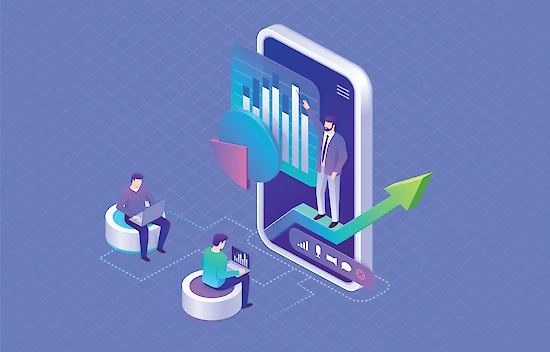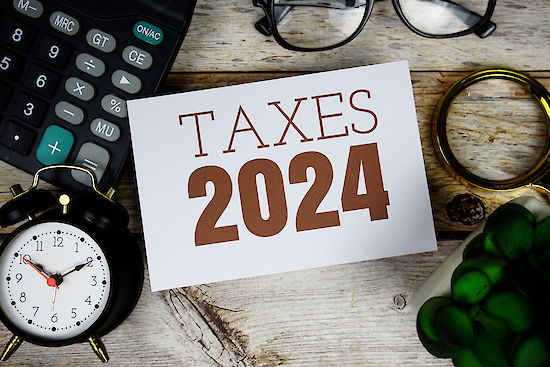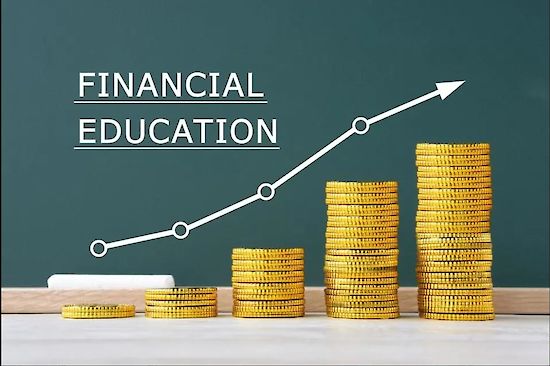
Getting Financially Organized in the New Year
With the start of a new year comes the perfect opportunity to get organized. Whether that means cleaning out the basement, donating clothing you haven’t worn throughout the year, or straightening the pantry, it’s a great time of year for a fresh start. And getting organized can also come in the form of getting your finances in order. Here are some tips to consider heading into the new year.
GETTING STARTED
The key to getting started is to keep it simple. A great place to start is to outline how much money you have coming in and going out each month. This will highlight what you can put into savings and unveil ways to cut back on expenses. Maybe there is an unused subscription or two you can cancel, or can you cut back on the number of lattes you have each week?
After you’ve taken inventory of your finances, you’ll want to create a budget and make adjustments where needed. Outline what portion of your income goes to necessities like food, bills, and mortgage. Make sure you account for savings and paying off debt too. Finally, build in some non-essentials like dining out or vacations to make sure your plan is realistic and one you will stick with in the coming year.
ACCOUNTS TO HAVE
When organizing your finances, note the different types of account options that exist and the benefits of each. For example, a high-interest savings account allows you to gather a bit of interest on the savings you put away.
Having an emergency savings account is also essential, which provides a buffer in the event you encounter an unexpected expense. This type of account helps you avoid relying on high-interest loans if enough money has been put away. Recommendations call for a minimum of 1-2 months of expenses, but 4-6 months is ideal.
Another important account to have is a retirement account. If you don’t already have one, it is recommended you start contributing as soon as you can. And don’t forget to take advantage of any matching opportunities from your employer!
CONFRONT YOUR DEBTS
Like committing to your savings, paying down your high-interest debts is important, and credit cards are a great place to start. One way to do this is to determine which cards have the highest interest rate. Work toward paying off debt with the highest rate first, eventually moving through all of your credit card debt over time.
OUTLINE YOUR GOALS
To ensure you reach your big goals, it is essential to break them down into smaller, more achievable goals. It is also important to revisit your goals periodically. This will help you stay committed to the process and give yourself a greater chance of achieving what you’ve set out to accomplish.
STAYING ORGANIZED THROUGHOUT THE YEAR
It’s one thing to set an intention of getting financially organized and another to stick with it. By creating sound financial habits, evaluating the important different accounts to have, tackling debt, and revisiting your plan periodically, you’ll be on track to make progress toward your financial goals in the new year and beyond.
HERE TO HELP
Are you looking for some guidance on your finances this year? Contact one of our fiduciary financial advisors today. We can help you evaluate your financial goals and priorities and work with you to carve out an actionable plan for today and for years to come.











